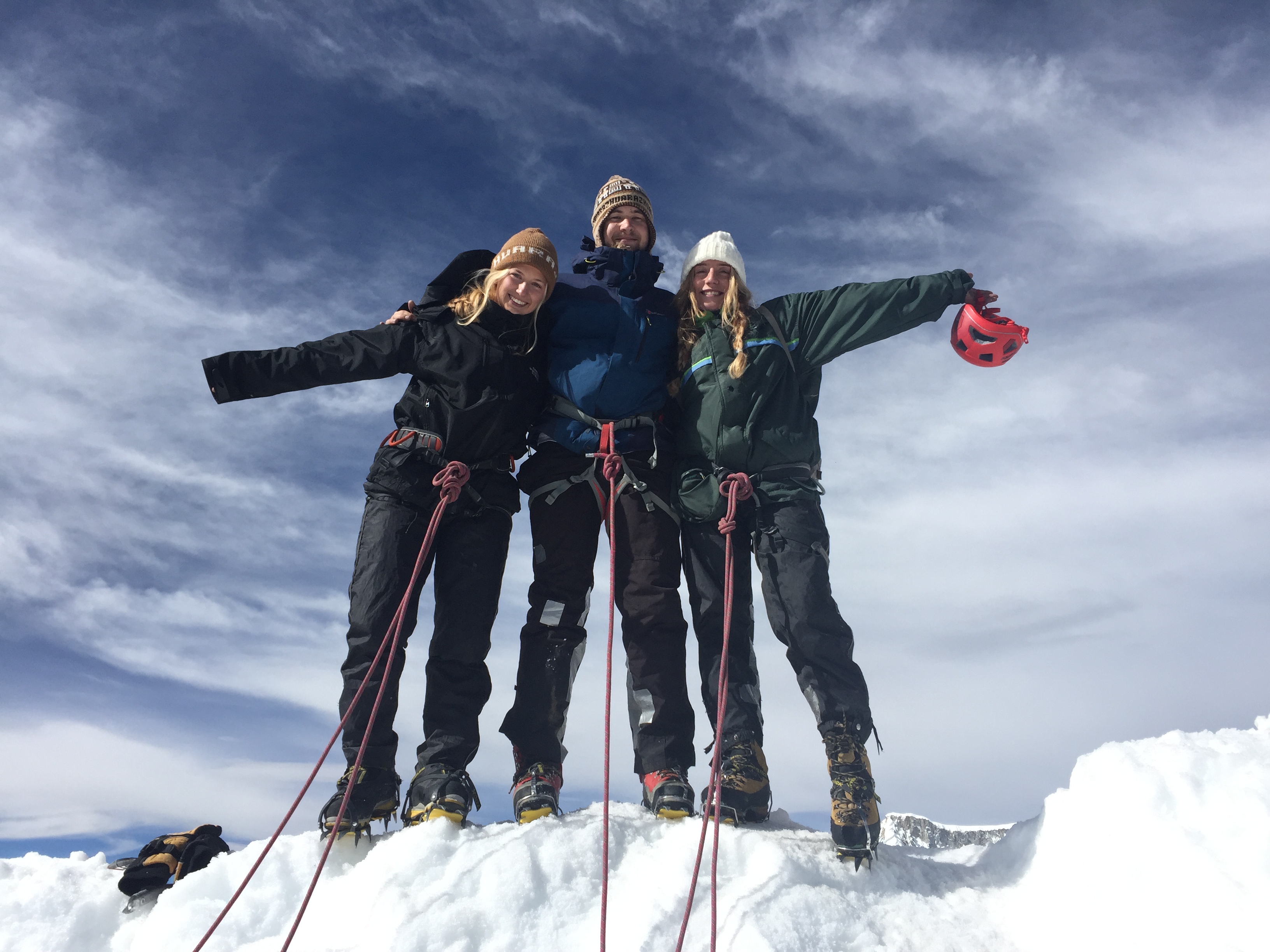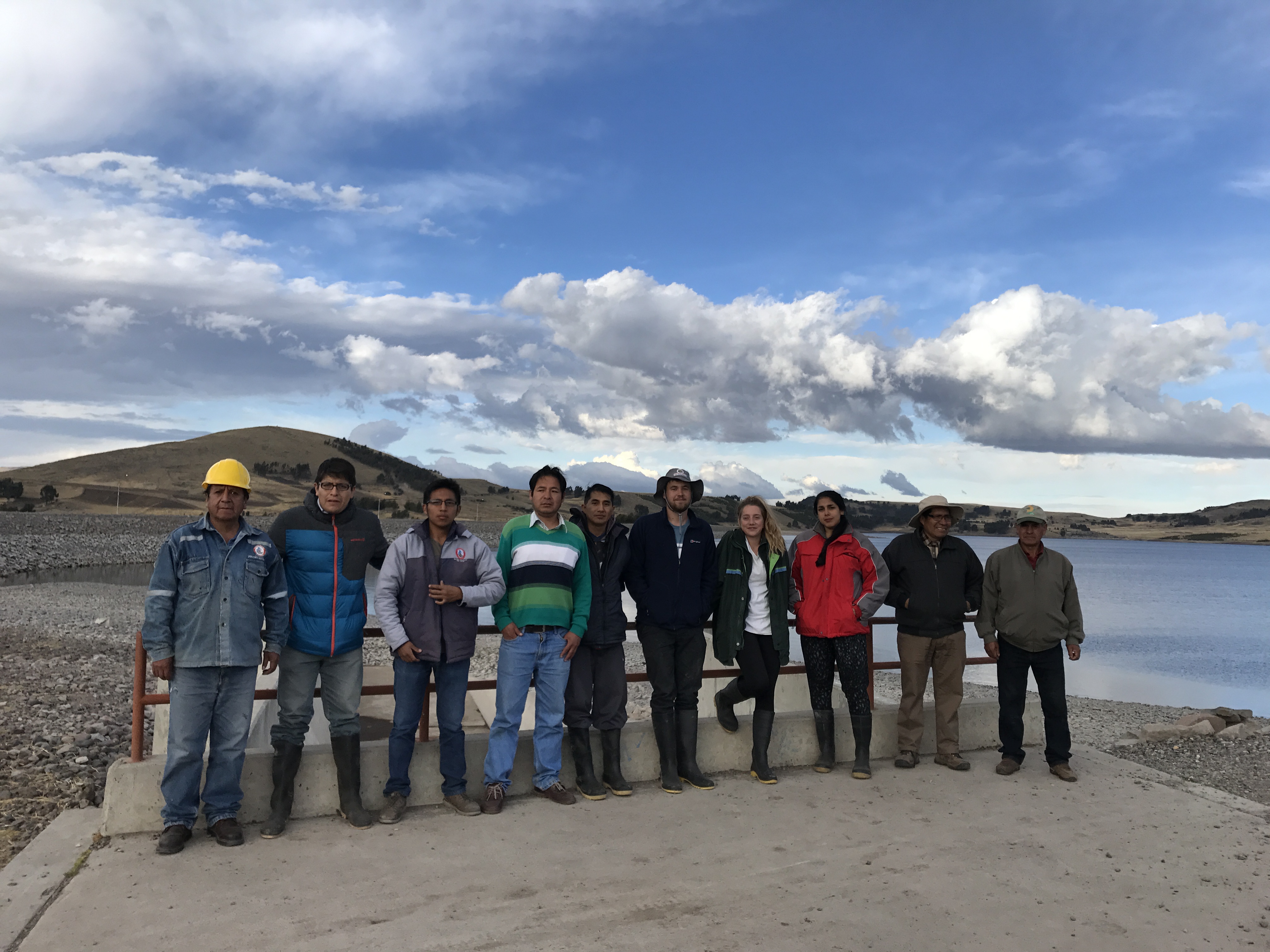
Elliot Tasker, Hannah Barnikel and Sophia Cockell – Geography students at UWE Bristol – are in Peru for seven weeks, conducting research with Centro de Competencias del Agua (CCA), as part of the UWE Global Water Security Project. In this blogpost, Elliot gives an overview of their research activities to date.
Since we arrived in Peru, everything about the people and the place has been amazing – especially everyone from CCA. It has been incredible to learn about all the research that is going on, and we are getting stuck into our work in Ayacucho.

In the first phase of our work Hannah and I have been helping to collect data about overgrazing, caused by alpacas, in Pilpichaca, a district west of Ayacucho. We worked with two CCA researchers – Jorge and Ana-Luisa – to collect samples of vegetation to validate previous research. Hopefully, this, along with other research, will help the town of Pilpichaca improve grazing rotation, and possibly lead to the implementation of new rainwater harvesting systems (as water deficit is a key control on vegetal biomass).

In the second phase of our work, we moved on to Ayacucho itself. Work here will be the focus of our dissertations, which we will complete over the next 6-7 months.
Hannah has been conducting her research on the local university’s (San Cristóbal of Huamanga University) sustainability management plan, while I have been finding out as much as I can about the viability of a constructed wetland solution for the university’s waste water treatment. Some of the Peruvian students are also researching this topic, and have built incredible prototypes, so the potential for the project looks promising.

Hannah and I have also helped Romina, Jorge and Martin collect data in the highlands of Ayacucho. Romina’s data collection consisted of taking cores of the peatland to analyse age and carbon content. This peatland is rapidly degrading and Romina is working to stop this and the negative environmental effects that could result.
Jorge and Martin’s research revolves around a highland water catchment and the discharge it produces. We helped by measuring the discharge of the three contributing rivers/streams that provide Ayacucho with its water. It is collected into a reservoir which powers a HEP dam, then the water passes through the city.
The third member of our team, Sophia, has been collecting her own data about different traditional water harvesting techniques in numerous villages and towns – it is amazing that some Inca-period water management structures are still in operation!
* Many thanks to Dr Bram Willems, Project Director at CCA, for helping to organise this opportunity.
